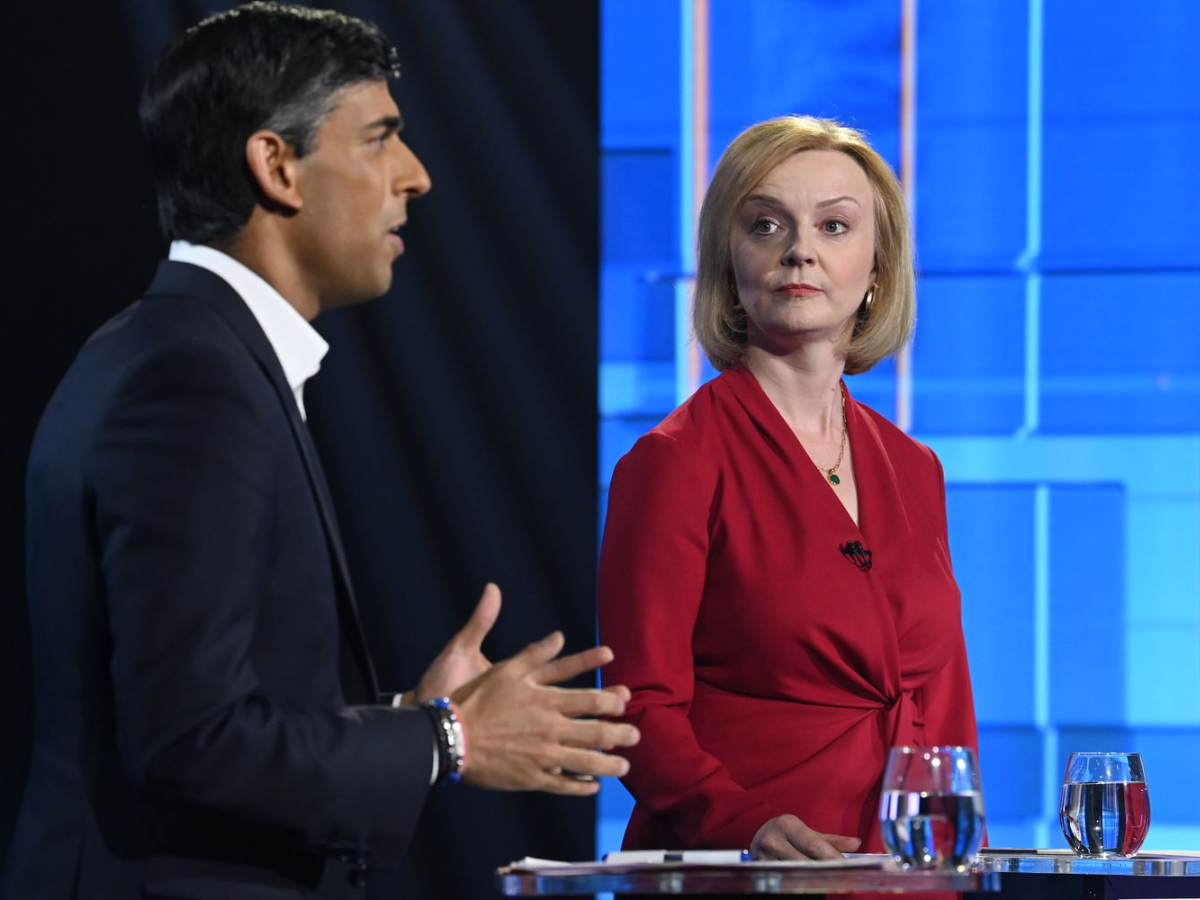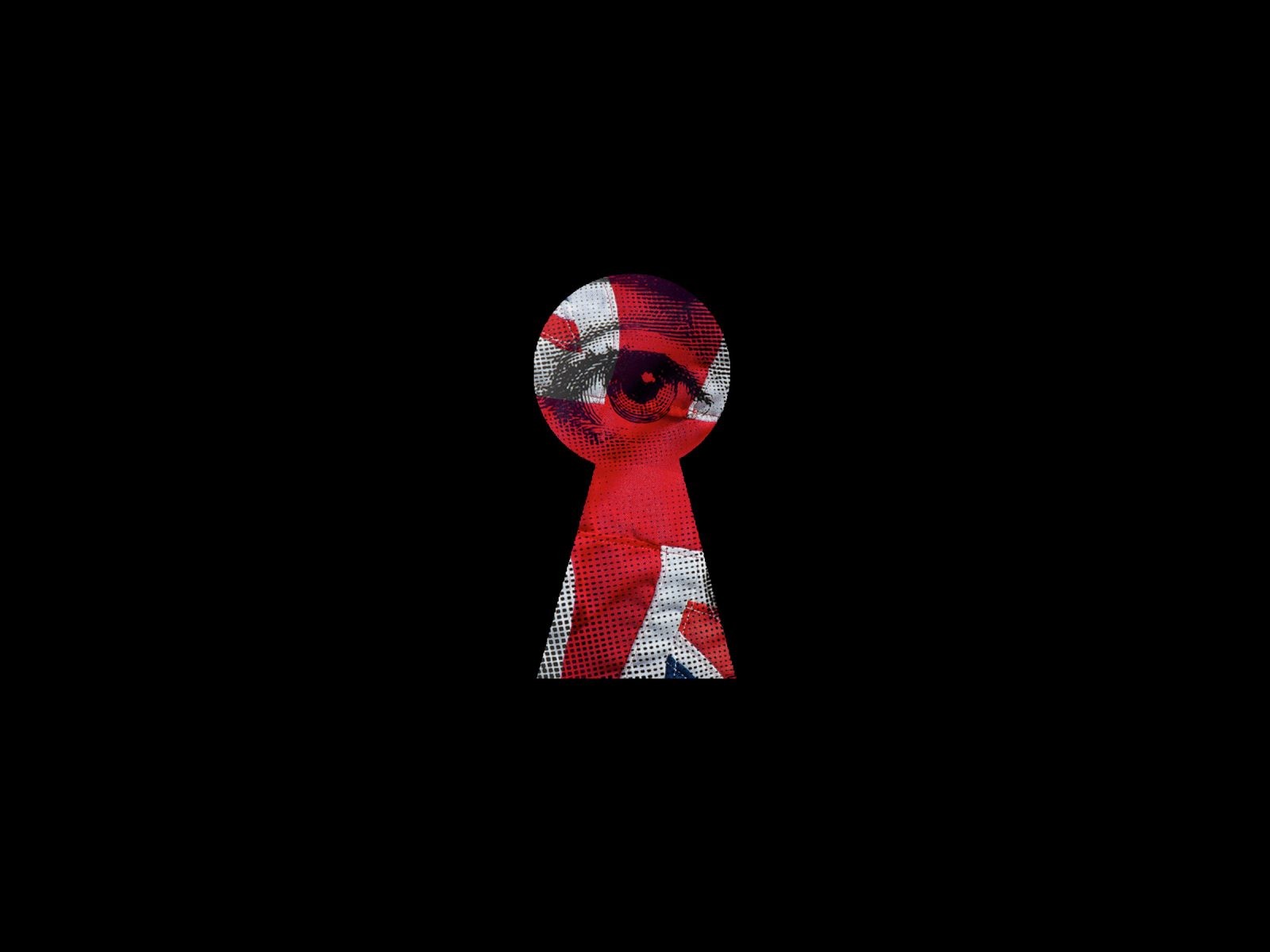The British Government has unveiled its newest measure to counter cyber security threats.
The newly formed National Cyber Force, comprising of GCHQ and MI6 staffers, is the latest component of the UK’s security strategy. The force had been secretly established to combat threats to the UK, including: terror groups from hostile states, enemy weapon systems domestic crime syndicates.
The NCF is reportedly controlled by GCHQ and the Ministry of Defense (MoD), who had secretly been operating since early April this year. The UK’s Prime Minister, Boris Johnson, made its existence known as he unveiled a new defence spending settlement worth £15.6 Billion.
In a statement made to the House of Commons, Johnson said that ‘the NCF combines our intelligence agencies and personnel’, and is ‘already operating in cyberspace against terrorism, organised crime and hostile activity’.
The NCF is currently being run out of GCHQ’s headquarters in Cheltenham, the DSTL laboratories in Porton Down and in intelligence agencies out of London. However, the NCF is suspected to move its headquarters eventually.
Why was the NCF Set Up?
Johnson’s speech to Commons indicates that the need for collaborative cyber security action motivated the NCF’s founding. Over the past decade, Britain’s ministers had frequently expressed the strength of the UK’s cyber security capacities. The establishment of the NCF is, in many respects, a show of this strength.
From what has been made public, it is suggested that the NCF is expanding in line with the UK’s cyber security innovation. The NCF plans to increase its 3,000-strong community tenfold in the next ten years.
This accelerated increase is purported to counteract threats from at least 60 known countries, who have developed their own hacking capabilities. These include Iran and North Korea, who have made known advances on the UK’s cyber protections in the past. In tandem, the NCF will be equipped to combat targeted attacks from hackers linked to intelligence agencies in Beijing and Moscow.
What are the NCF’s Current Activities?
Not much is yet known about the NCF’s current activities.
This is unsurprising, as the UK has been historically reticent about its cyber security activities. In 2018, the UK broke its long-standing silence on cyber matters after GCHQ had successfully conducted a ‘major offensive cyber campaign’ against the Islamic State.
The secrecy surrounding the NCF’s formation follows suitably. Due to the fact that the organisation deals largely in offensive cyber security, its activities are only cleared on a ‘top secret’ level. The covert nature of its operations lends itself to tactical surprise and ambiguity, that is essential in cyber warfare. However, security experts suspect that the NCF’s latest activities include interference with terrorist mobile networks and protecting the UK’s military aircraft through targeted missions.
Many also suspect that the NCF is using AI and Data to manipulate behaviours that prevent terror attacks. The agencies’ ability to use AI in tracking and amending online behaviour is speculated to dissuade individuals from pursuing terrorist activities. On a similar level, many believe that the NCF is able to prevent these attacks by simply degrading physical communication systems.
Who is involved in the NCF?
As all intelligence activity must be approved on a ministerial level, it is likely that Foreign Secretary or Home Secretary oversees the NCF. It would not be a stretch to assume that Dominic Raab holds a great deal of responsibility over the NCF. As current leader of GCHQ, he would have substantial ministerial power within the newly formed agency.
Additionally, Former GCHQ Director Jeremy Fleming has been linked with the NCF. He strong-holded the 2018 cyber campaign against the Islamic State. According to Fleming, the coordinated IS campaign ‘made a significant contribution to coalition efforts to suppess Daesh. [It] hindered their ability to coordinate attacks, and protected coalition forces on the battlefield’.
What can we expect to hear about the NCF in the future?
Former National Security Adviser Mark Sedwill hinted at the NCF’s involvement in deterring Russian attacks last month. However, current Intelligence Officials have refused to comment on this campaign, and whether the NCF will be pursuing similar missions in the future.
It is unlikely that we will hear any particulars regarding the NCF. However, we can certainly expect the UK government to issue statements of unity between national intelligence agencies.
General Patrick Sanders echoed similar sentiments in a recent briefing with the Government. Sanders stated that the creation of the National Cyber Force was a ‘natural step after decades of cooperation’. The growing alignment between spies, analysts and armed forces indicated what Sanders concluded to be evidence of a ‘growing national capability to deter adversaries’.
Recommended for you

What Does the Tory Leadership Battle Mean for the NHS?
As Truss and Sunak compete to become the new PM, one key topic is forming a noticeably small part of the Tory leadership debates.

Drug Decriminalisation: Could the UK Follow Portugal?
Portugal’s drug decriminalisation has reduced drug deaths and made people feel safe seeking support. Would the UK ever follow suit?
Trending

Drug Decriminalisation: Could the UK Follow Portugal?
Portugal’s drug decriminalisation has reduced drug deaths and made people feel safe seeking support. Would the UK ever follow suit?

Calling All Unvaccinated UK Adults
With Covid cases rising, the NHS is urging the 3 million UK adults who remain unvaccinated to come forward.





